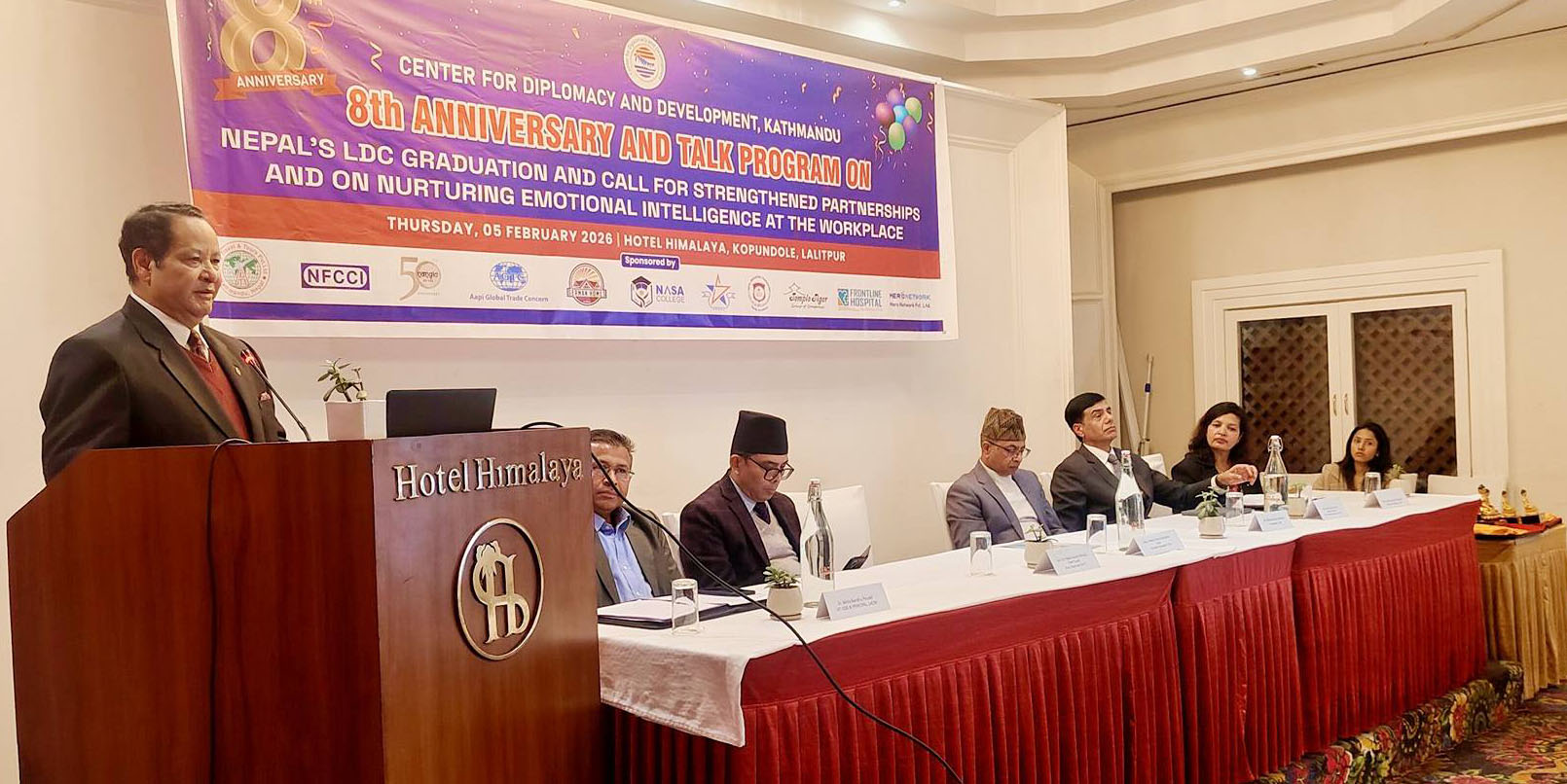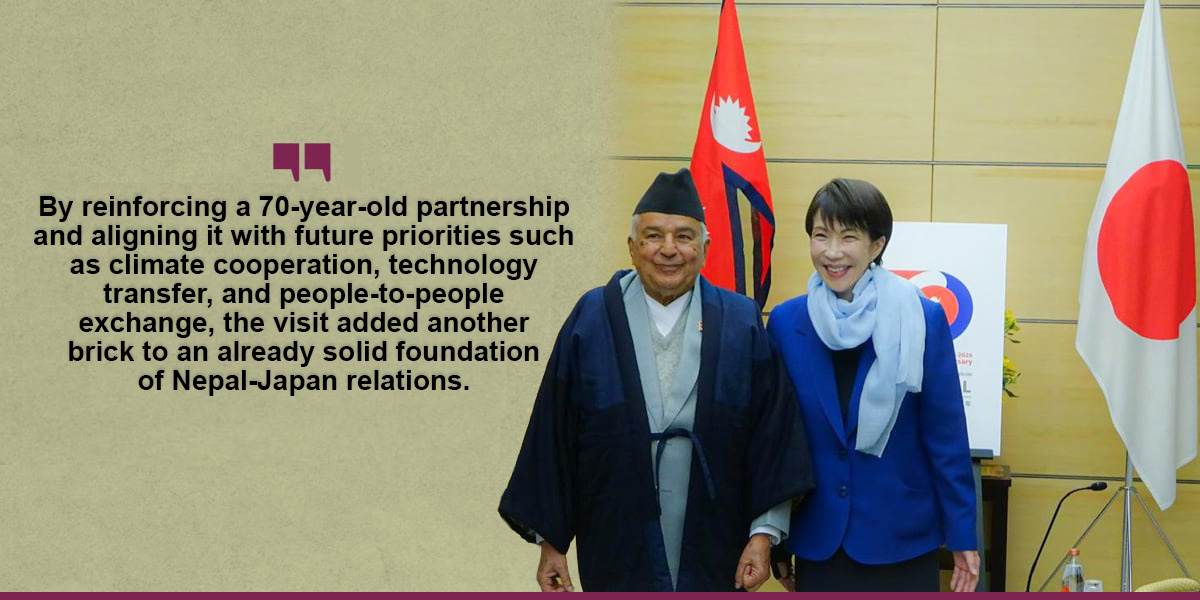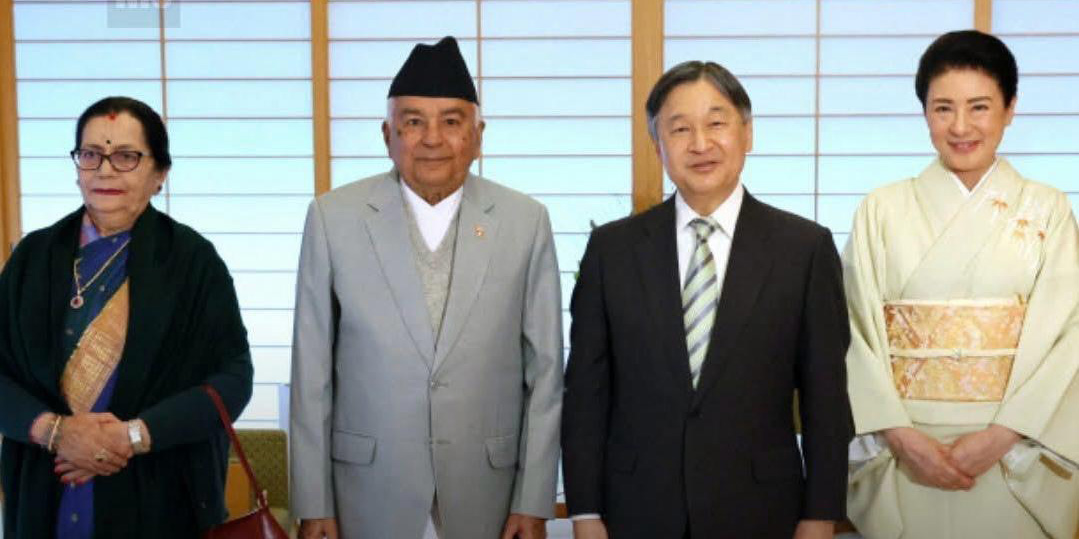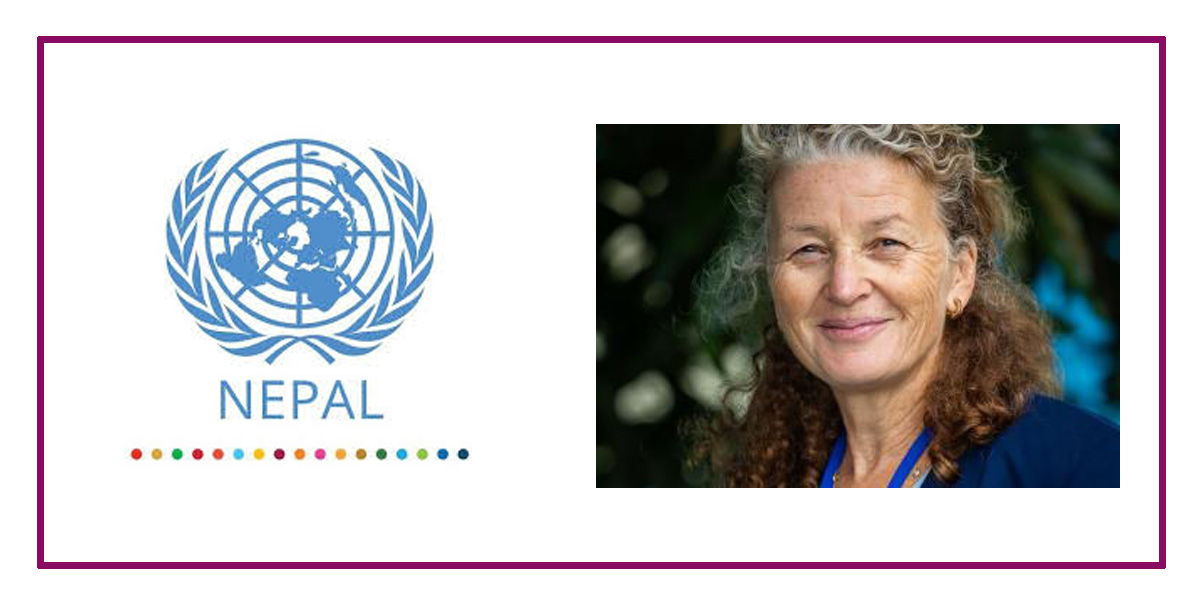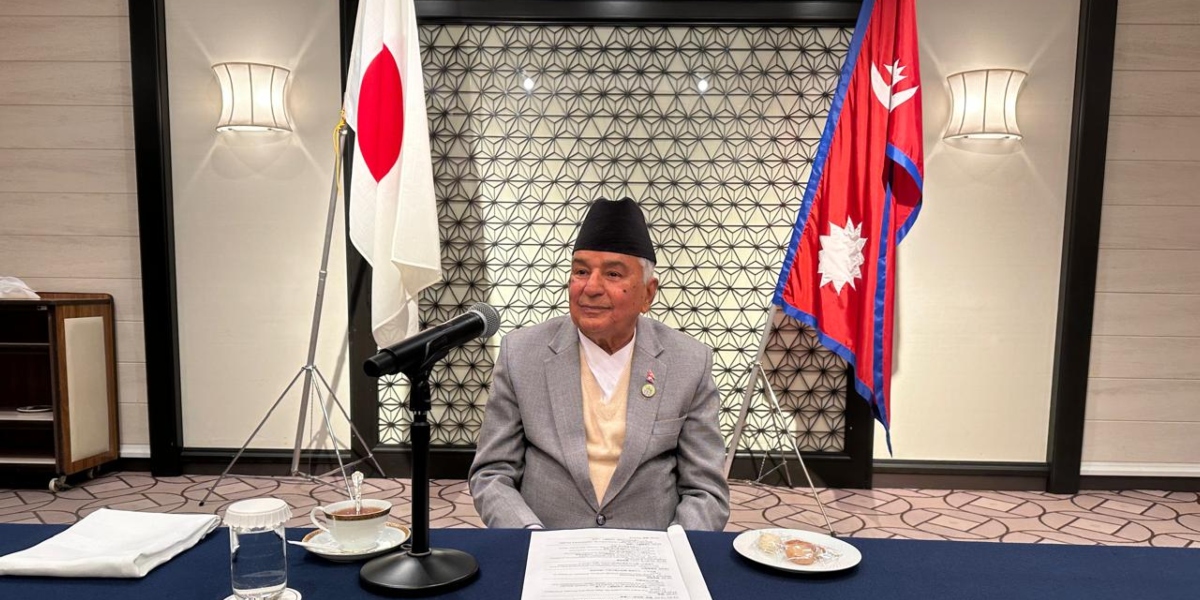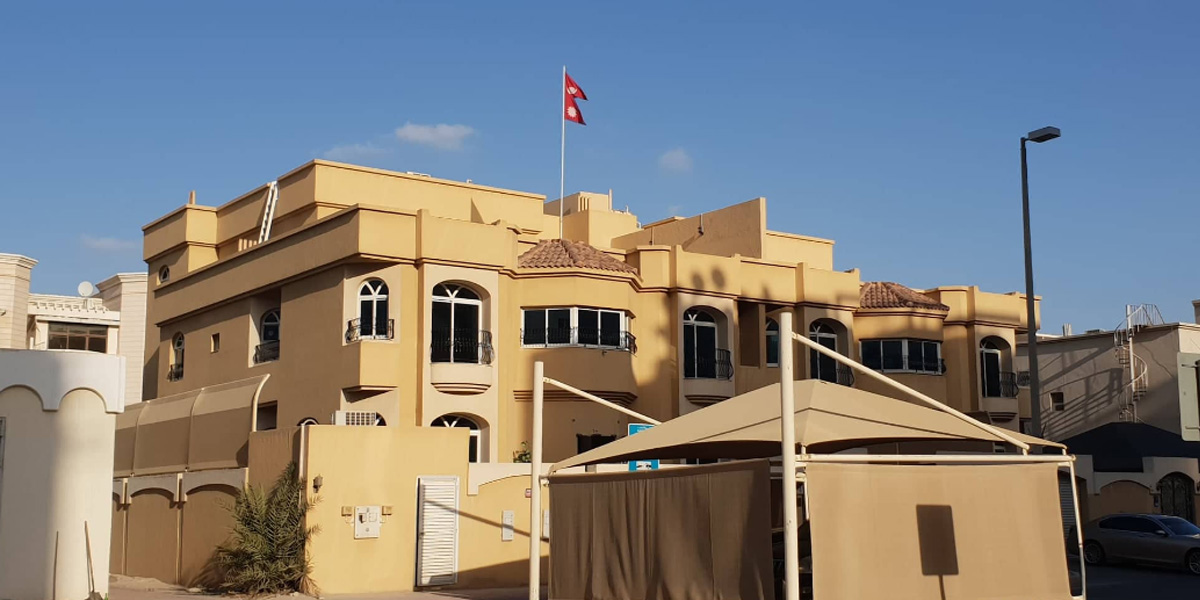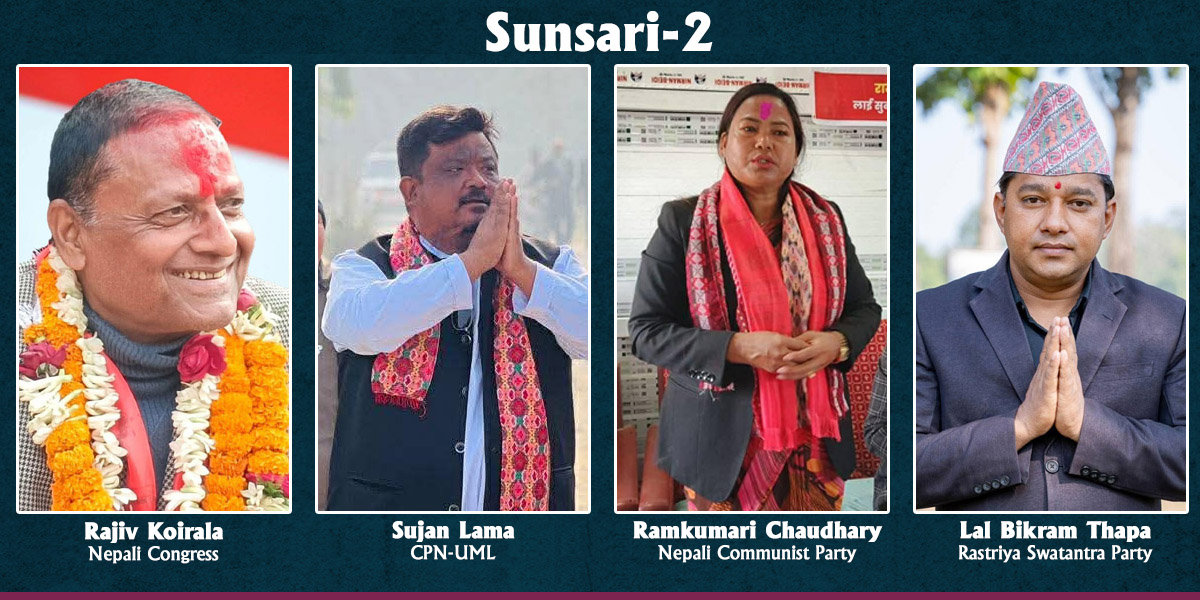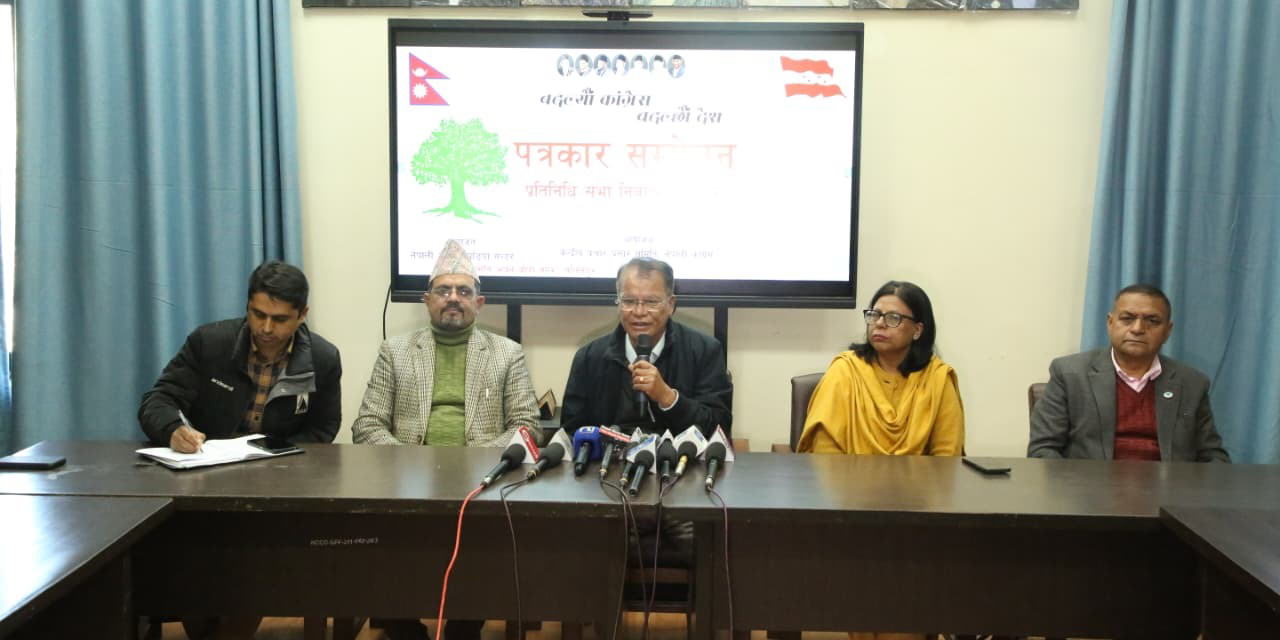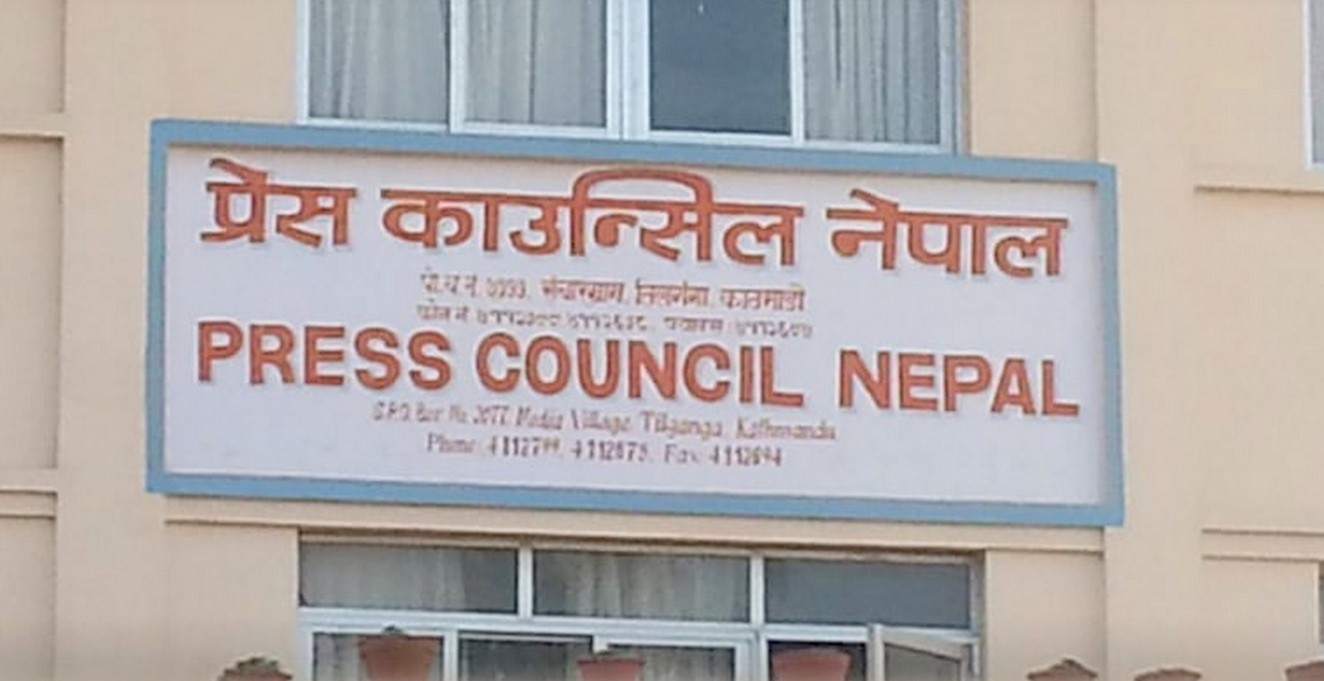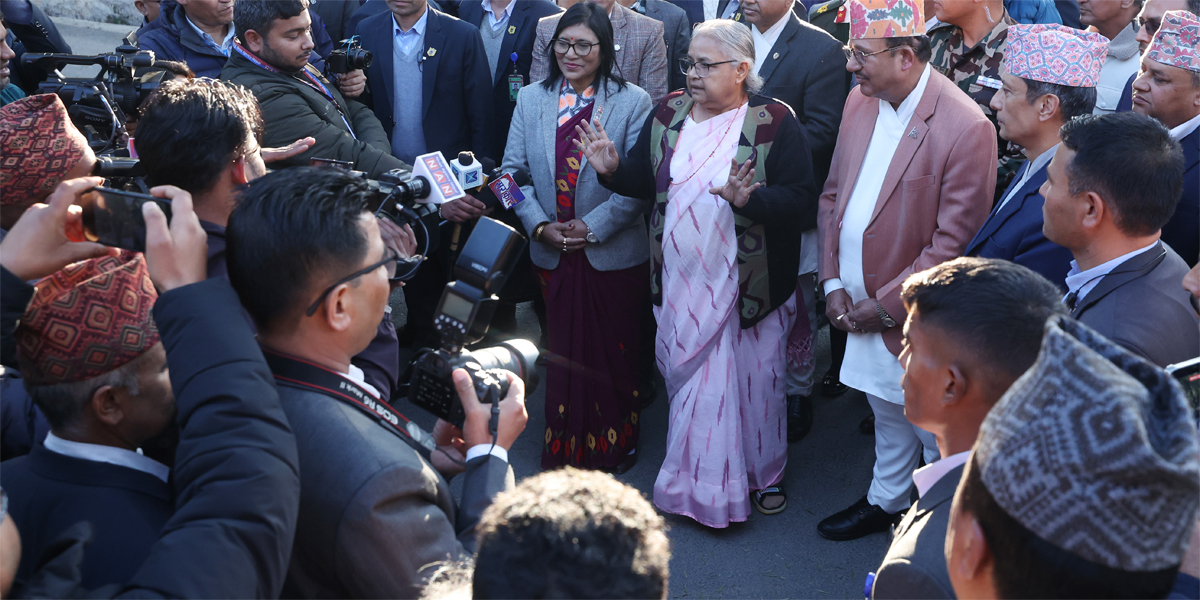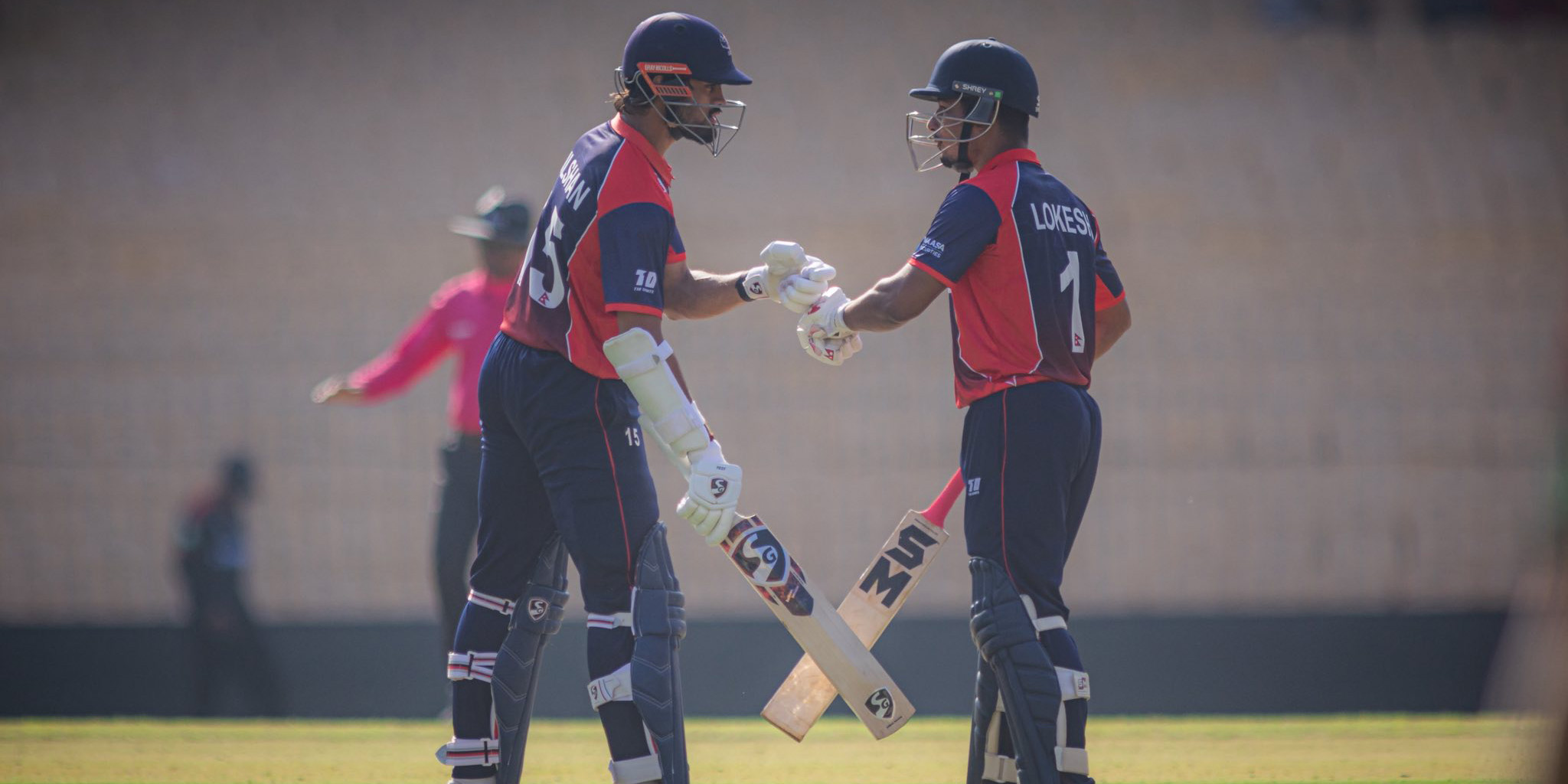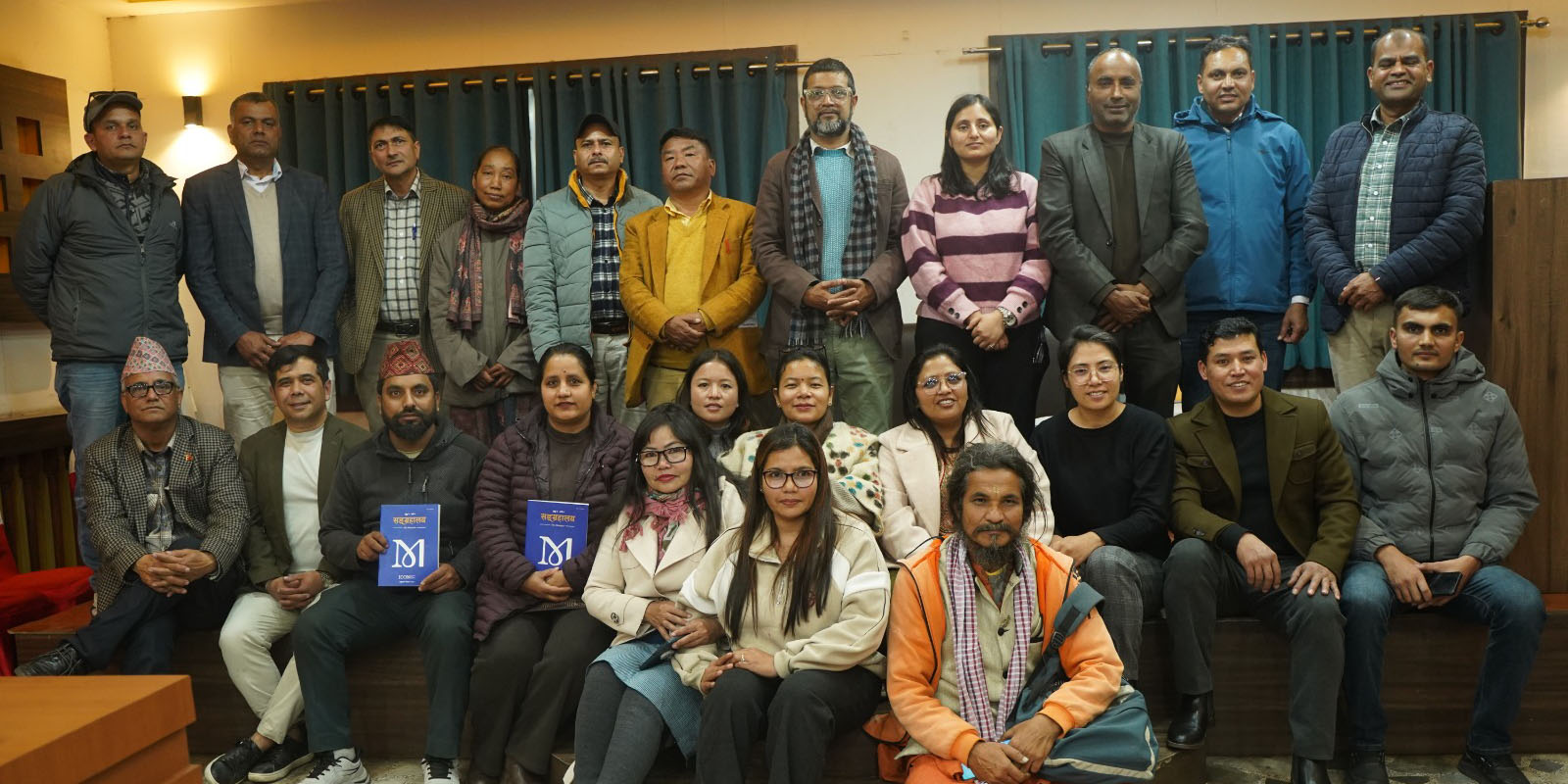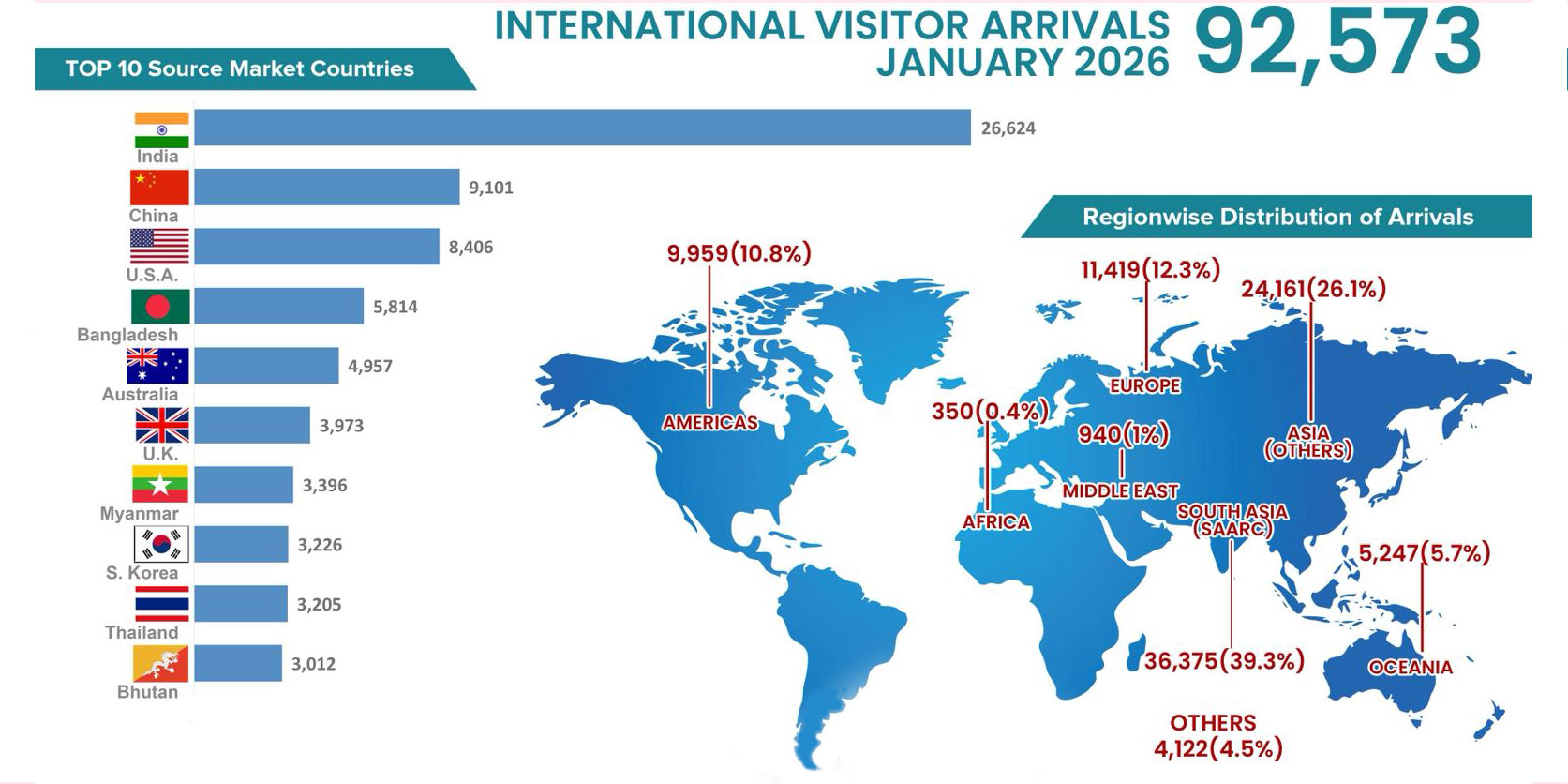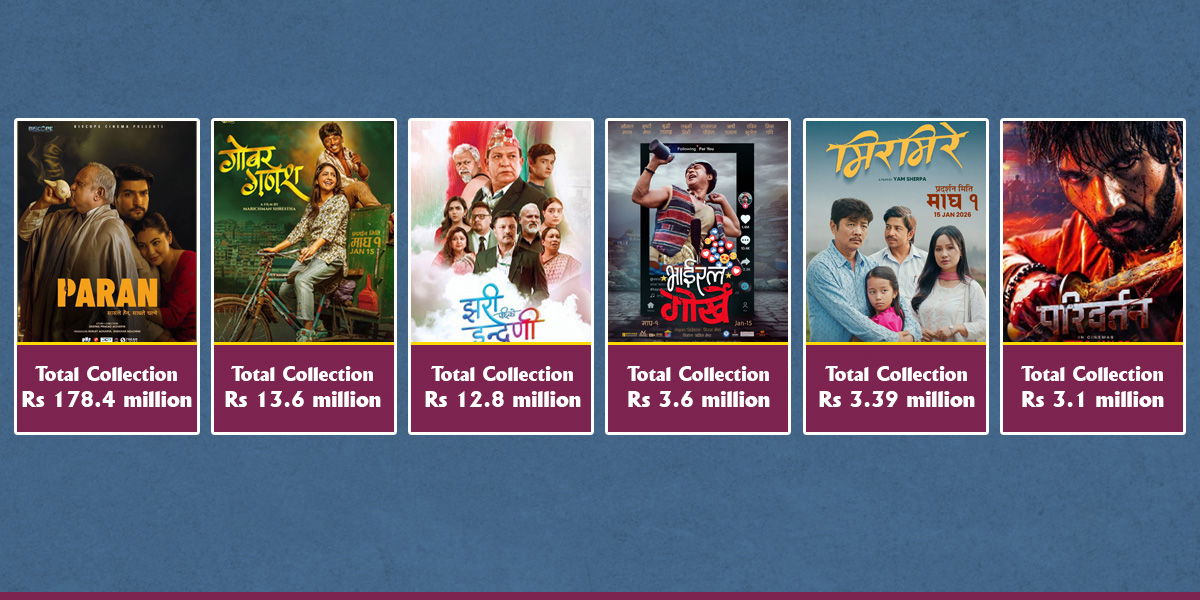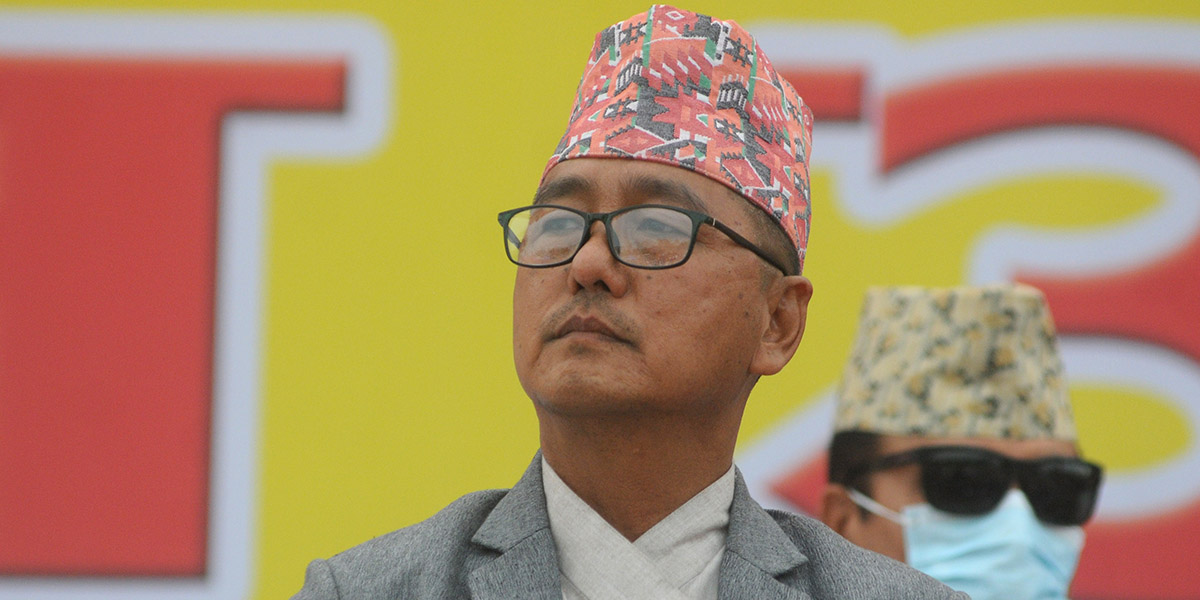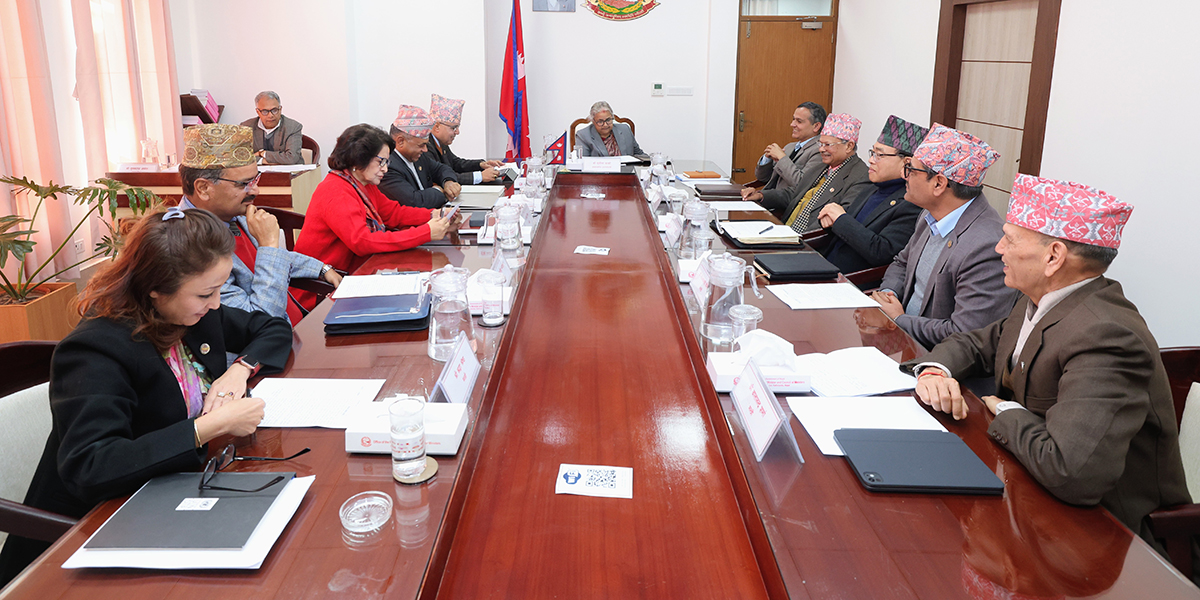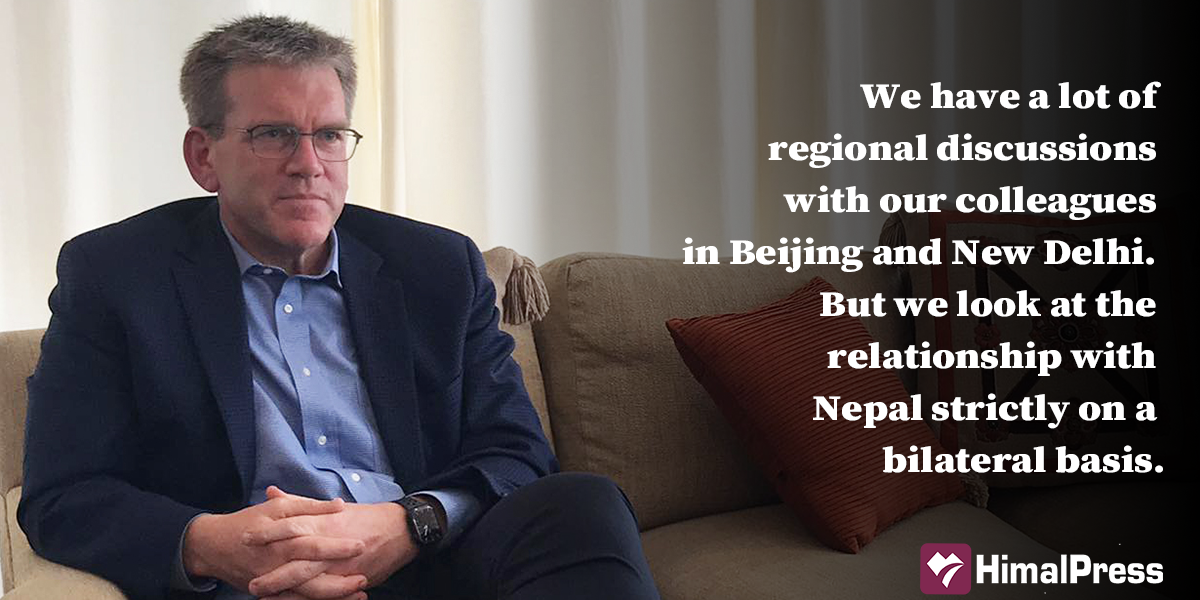
KATHMANDU: The US has pledged to elevate its 75-year-old relationship with Nepal to new heights.
In a meeting with Nepali diplomatic correspondents in Kathmandu on Wednesday, US Ambassador to Nepal, Dean Richard Thompson, stated that the US is committed to implementing past agreements of cooperation reached with Nepal. He discussed topics such as the Millennium Challenge Compact (MCC), State Partnership Program (SPP), Nepal’s transitional justice, and a variety of other issues.
Himal Press has presented his perspectives on some of these issues in his own words.
On SPP
We respect Nepal’s stance on the SPP. If Nepal chooses not to participate, it will not affect the other areas of cooperation we have in place. If Nepal decides to participate, that is great as well. It is in the best interest of all parties for Nepal to have strong capacity, humanitarian assistance, and disaster relief capabilities. As we saw with the exercises that took place prior to the 2015 earthquakes, Nepal greatly benefited from them.
I believe Nepal’s dedication to peacekeeping efforts through the United Nations is widely acknowledged. It is in the best interest of the international community for Nepal to succeed in these efforts. Therefore, we will continue to be helpful on those fronts, as much as we possibly can.
The SPP is solely an opportunity for training and building relationships between a state National Guard from the US and a foreign country. The focus is on humanitarian assistance and disaster relief and it does not involve any treaty obligations. There will be no deployment of US forces on the ground. But some of the people here interpret that the US is taking its army here to counter China.
On bilateral relations
I assumed office in Nepal in a very consequential time in Nepal as well as the US. I’m thrilled to have been able to come at a time when Nepal was going through its national elections and the formation of a new government. This presents an opportunity for me to work with the new government and establish a strong foundation for the relationship between the US and Nepal.
Talking about the agenda of US government here, we have a number of exciting initiatives underway right now. Everyone is familiar with MCC, we’ve had a lot happening on that front. And we’re now moving into implementation and getting ready to put all the pieces in place to start the important construction phase where we hope to realize close to 10,000 jobs for Nepalis around the country. Further, USAID has signed a new five-year agreement with Nepal to work on a lot of traditional areas like agriculture, health and education, but also a lot of emerging areas like economic growth, entrepreneurship, climate change mitigation etc. We’ve had our Development Finance Corporation come through. It has invested about $160 million dollars in providing loan programs for small and medium-sized enterprises including SMEs run by women. So there’s a lot happening on that front. Also, Peace Corps will be returning. We’ll be bringing volunteers back in 2023, probably about 40, later this spring, and then hoping to build that back up. I think we were about 150, traditionally, and hope to get back up there fairly soon.
We have a lot of regional discussions with our colleagues in Beijing and New Delhi. But we look at the relationship with Nepal strictly on a bilateral basis.
Implementing all these and making sure we set all of these initiatives onto a really solid foundation is going to be very important. Second is, listening to Nepalis and understanding what people’s perceptions are of the United States, of the relationship and of what they would like to see come out of this relationship. Nepal is the second largest contributor on a per capita basis of foreign students in the United States. So we’ve had all these academic ties for years and years. We’ve had 4,000 Peace Corps volunteers that have lived in Nepal. All of these relationships, build and deepen over the years, create a really great network for us to tap into as we look to take the relationship forward.
The US support for democracy and the democratic process in Nepal will remain fundamental. Democracy is facing challenges all over the world, including in the United States. There’s a serious push on the part of authoritarian regimes trying to suggest that their model is better. I think it’s really important that we continue to work together to build democratic institutions to support a broad understanding of how democracies deliver for their populations. This is something President Biden is very committed to.
We have a lot of regional discussions with our colleagues in Beijing and New Delhi. But we look at the relationship with Nepal strictly on a bilateral basis. We have a great relationship with India. President Biden is committed to trying to stabilize the relationship with China. But our relationship in Nepal is very much focused on what’s in the interests of our two countries together. I think it’s unfortunate there was some misperceptions about the Indo Pacific strategy. It’s not a military strategy. It’s just a foundation through which we’re looking at US foreign policy in the region. It’s about people to people ties, it’s about building democracies, it’s about stronger economic relationships.
We look forward to continuing to work very closely with Nepal, both on the government side, on the non-government side, and on the broader people to people side. There are our key priorities.

On MCC
There is a strong desire for the Millennium Challenge Compact (MCC) project to move forward quickly and begin providing jobs and benefits to the community. The ratification process took some time and there were challenges, but now MCC Nepal – a Nepal-based organization responsible for implementing the project, is preparing for the construction phase and the MCC clock is targeted to start ticking in August.
One of the great aspects of the Millennium Challenge Compact is that the entire process was Nepali-driven – right from Nepal expressing interest to meeting the conditions to be selected to doing the consultations and bringing people together in the country to say what it needs.
There were huge concerns over the felling of trees recently. It happened completely without the knowledge of MCC-Nepal or MCC. As soon as our teams learned about it, they went to the area to try to understand the situation. It is completely against the environmental standards that are part of the MCC compact. We need to understand what happened because we can’t accept any type of effort that would damage the environment unnecessarily and irresponsibly. I hear there were protests by locals in connection to transmission lines. I think there are always going to be potential local challenges when you’re doing big infrastructure projects. But that doesn’t diminish my optimism. People should understand that they’re being heard, and that their concerns are recognized.
I don’t even want to assume that there are going to be any problems in the implementation. I believe everything will be worked out. We will work very hard to help the communities on the ground understand the benefits that come from the MCC projects. I will do whatever I can to help everyone understand that there is no relationship between the US military and MCC.
On high-level visits
We are always encouraging leadership visits on both sides. However, it can be challenging as the schedules of senior leaders are often difficult to coordinate. And events can dictate what happens. Nevertheless, I am optimistic that we will continue to see high-level interest in visiting Nepal. Our embassy will be ready to support those opportunities whenever they arise. I do not have any specific announcements at this time.
The new government in Nepal is currently organizing itself and figuring out its goals and priorities. But as opportunities for travel of the leadership arise, I hope we will be able to make arrangements. It is important for leaders of our countries to have personal relationships that go beyond diplomatic reporting.
On transitional justice
I disagree that the West or any other country has been silent on issues related to transitional justice. I do not believe that has been the intent. Rather, people may be focused on a lot of other issues. However, we continue to be interested in seeing it move forward and believe it should be a Nepali-led and run process that prioritizes the victims. There may be challenges and different perspectives, but we will continue to encourage all parties to move forward and be successful. I hope to see the bill be taken up again and progress in the future.

 Himal Press
Himal Press 